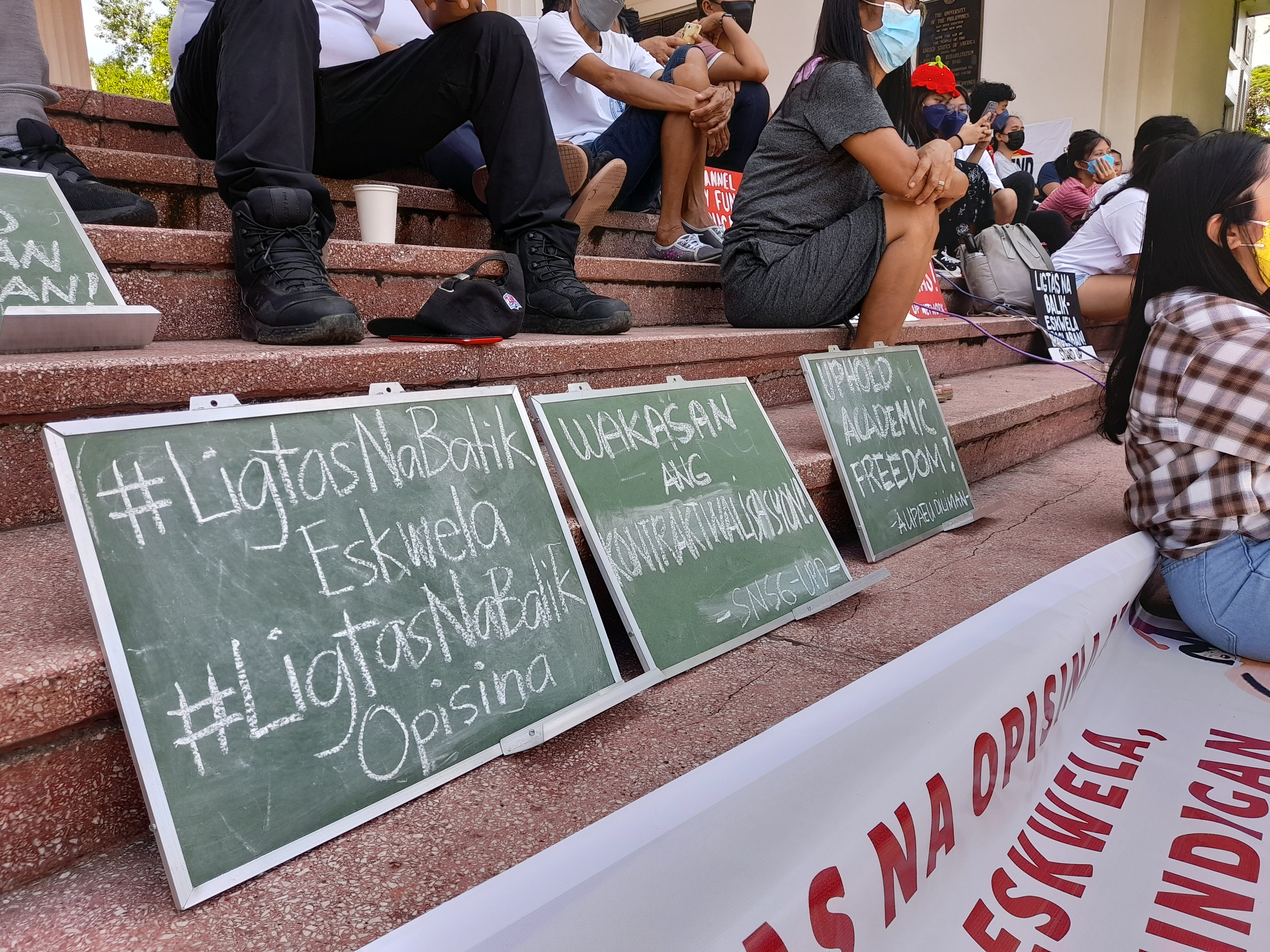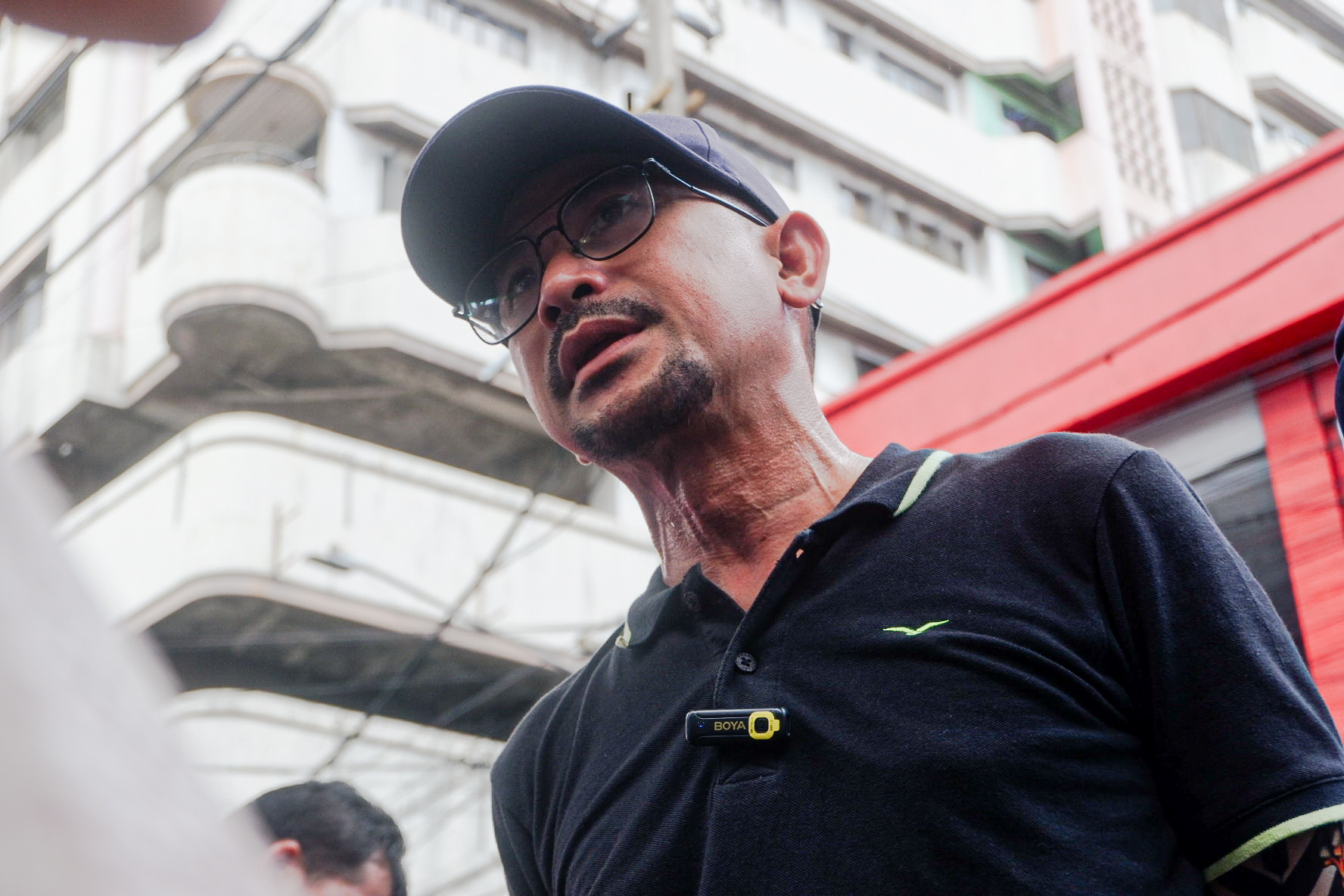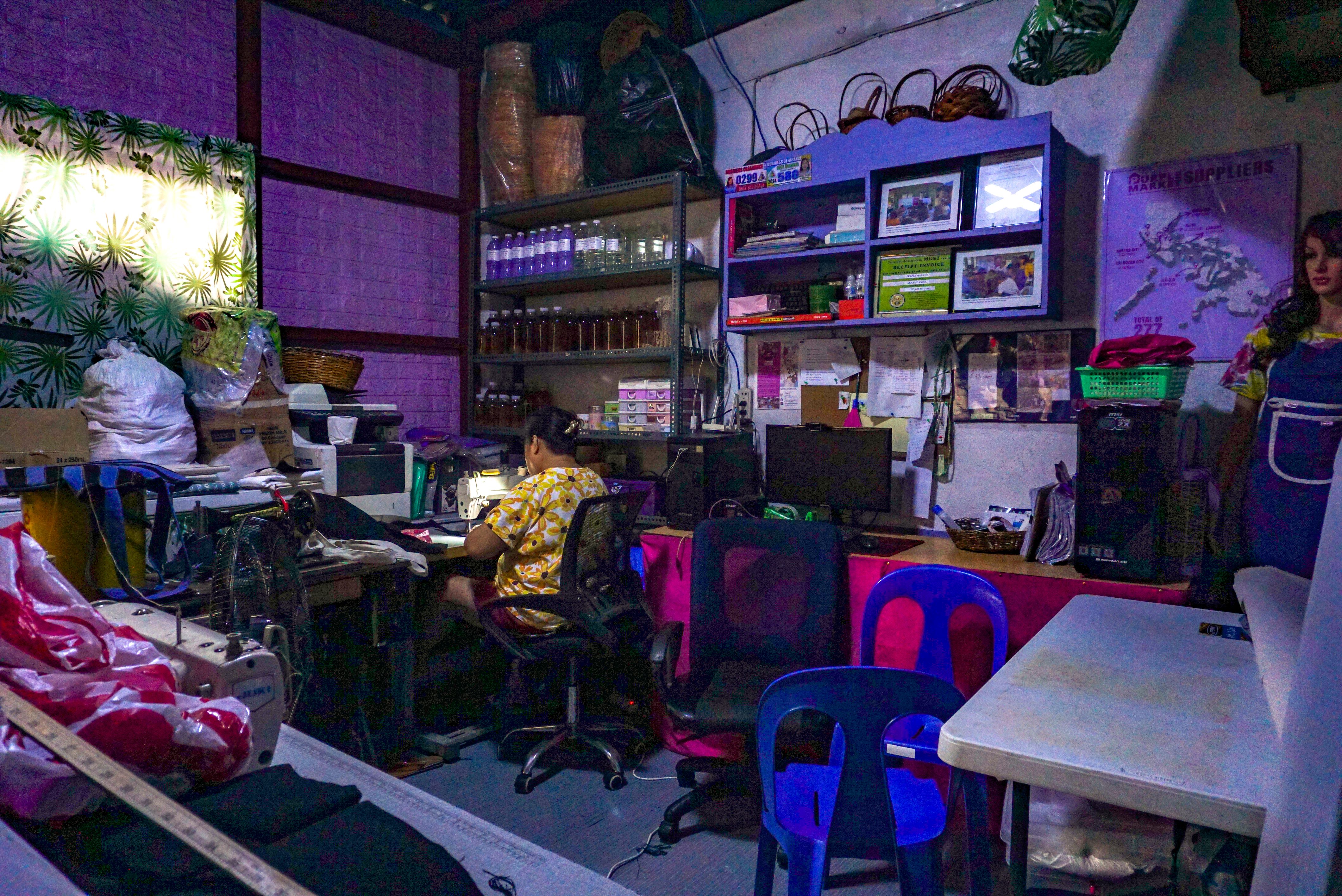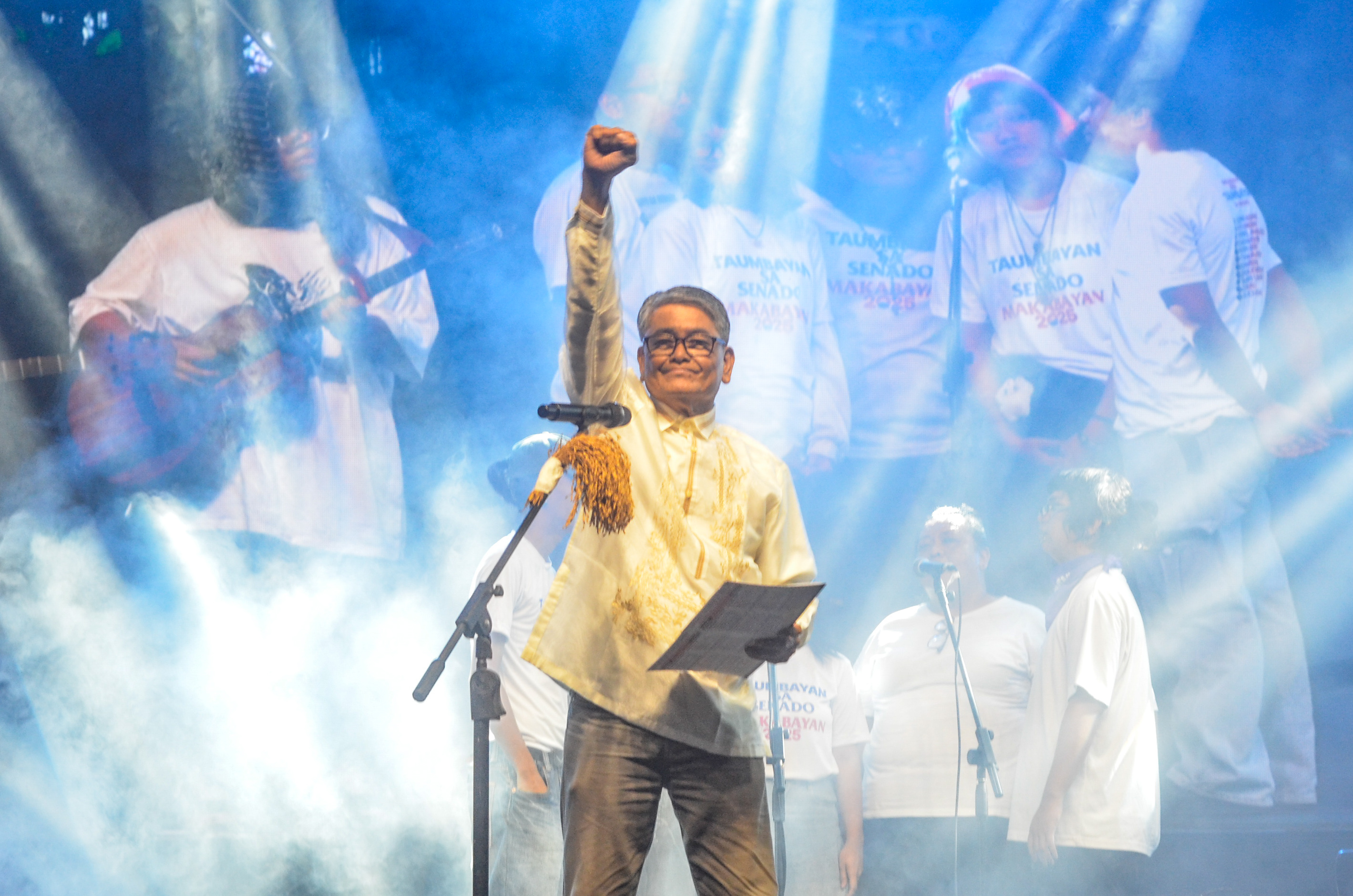The faculty has been at the losing end of the vague and sometimes out-of-touch policies of the UP administration. Their longstanding woes regarding working conditions have been coupled with the worsening attacks on academic freedom and yet another transition in the university’s mode of learning.
In these crucial times, the stakeholders need the next UP president to be one who has championed the demands and rights of the university’s academic employees—and will continue to do so.
Of the long list of faculty needs, the provision of sufficient plantilla items is the most pressing, according to Regletto Imbong, an assistant professor of philosophy at UP Cebu (UPC) and president of the All UP Academic Employees Union in UPC.
Over the past two years, the faculty has been at the receiving end of the many shifts in the schemes of work like work-from-home or distance education, and the additional nonacademic workload that comes with it. Still, the number of plantilla items—or available permanent teaching positions—remained lacking.
The previous UP administration has failed to fill all of the vacant plantilla positions, a requirement of the Department of Budget and Management for providing new items. This hinders the regularization of the 1,257 lecturers in the university, which is one of the main calls of all UP employees, as well as one of the unfulfilled promises of outgoing President Danilo Concepcion.
“Instead of hiring full-time faculty members, constituent universities opt to hire lecturers who are not really guaranteed the security of work or tenure, precisely because they don’t have plantilla items assigned to them,” Imbong said.
The lack of plantilla items also means more workload for faculty members as they will be forced to take on administrative positions on top of having teaching units. Even worse, during the pandemic, the faculty had to be decisive on behalf of the administration’s half-baked policies—the case-to-case basis for class suspensions in UP Diliman, the implementation of the reading break, among others.
As a result, the faculty would have less time for research and extension services. This issue speaks not only of the faculty’s working conditions but also of the university’s inability to fulfill its mandate of providing quality education.
In tending to the cradle for academic excellence, the next UP president should secure the needed items of the faculty by asserting UP’s budgetary allocation and calling for greater state subsidy, said Imbong.
But the demand for a larger budget from the government must not be at the expense of UP’s academic freedom—something that has been overlooked by the university’s outgoing administration. Where the UP president should have been at the forefront in defending their constituents against red-tagging, the incumbent administration has failed in keeping the university as a safe space with its lukewarm and even sometimes nonexistent statements on these issues.
“In the case of [Concepcion], it’s a bit disheartening that on some occasions, he has not released strong statements condemning, for example, the red tagging of our very own chancellor,” Imbong lamented.
UPC Chancellor Leo Malagar, and his wife, Manila Regional Trial Court Judge Marlo Magdoza Malagar, were red-tagged by Lorraine Badoy in September. Only the Presidential Advisory Council released a statement denouncing the actions of the former National Task Force to End Local Communist Armed Conflict spokesperson. There was no personal statement from Concepcion himself.
“The next president must stand with the rest of the UP stakeholders who are fighting to defend academic freedom amidst the very authoritarian and fascist regime of Marcos Jr.,” said Imbong.
He added that the president must install mechanisms on how UP units should properly respond to red-tagging. In the case of UPC, they have a committee composed of representatives from its stakeholders tasked to tackle any form of attacks on academic freedom. This could be adopted as a systemwide scheme to protect the faculty and the entire constituent of UP from harassment.
The university’s president holds the executive power in UP’s decisions and actions, so, it is imperative that the next selected head has the best interest of the stakeholders in mind in implementing programs.
More than the plans for the UP system, for Imbong, the next president must embody the ideals of a public intellectual—one who has proven themself to not only have integrity in research and academics, but to also have engaged in issues concerning the Filipino people. As head of the national university, he must be at the forefront of UP’s efforts in responding to the country’s worsening socioeconomic crisis and the many human rights violations taking place, among others.
For the next president to be the leader that the academic employees of UP need, they must be willing to battle the systemic issues that exist within and outside the university that would ultimately affect the constituents that they vow to serve. ●






